Bayreuth – a town of pubs and music capital of Bavaria
Bayreuth is the cultural and musical capital of Bavaria. This status has appeared primarily due to the sister of the Prussian Emperor Frederick the Great, Margravine Wilhelmina. In the middle of the XVIII century she invested a lot of efforts to build an Opera House, Academy of Arts and palaces. The famous Bayreuth Music Festival, the foundation of which was laid by Richard Wagner in 1876, is held here every summer. In addition, it is believed that the world's greatest number of pubs per capita is focused in Bayreuth.
Cafes, bars and restaurants in Bayreuth
Отели города Bayreuth
See all
Restaurants

Gourmet Tempel Bayreuth
Restaurant
+49 921 16892160
Payment methods:

Rheingold Bayreuth
Restaurant • Hotel • Bar
+49 921 9900850
Payment methods:

Schinner Braustuben
Restaurant
+49 921 67673
Payment methods:

Tapas Bayreuth
Biergarten • Tapas-bar • Wine bar
+49 921 80027665
Payment methods:
Nearby
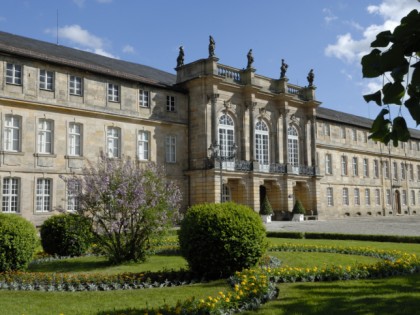
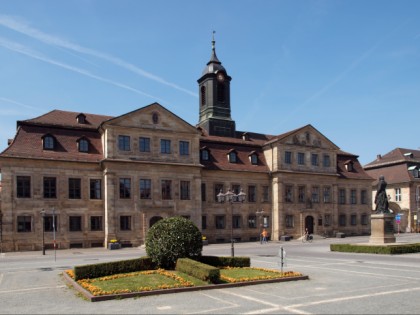
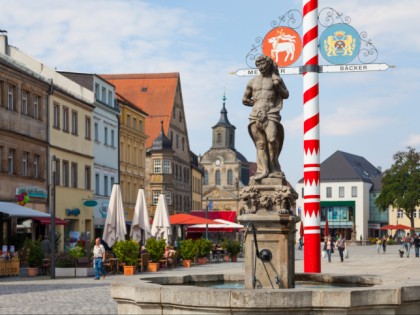
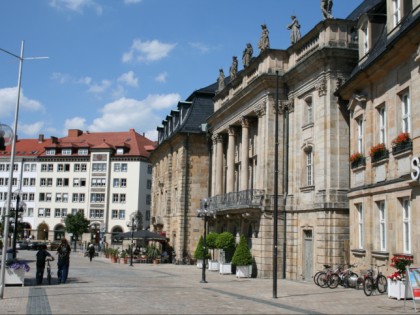
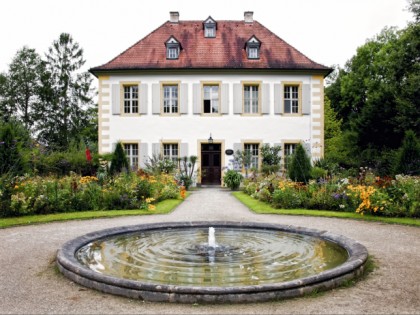
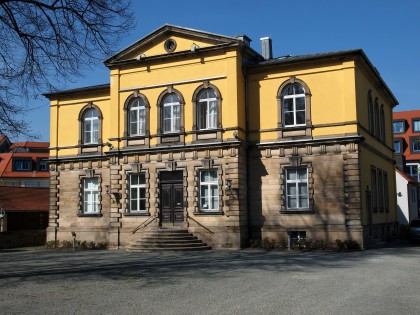
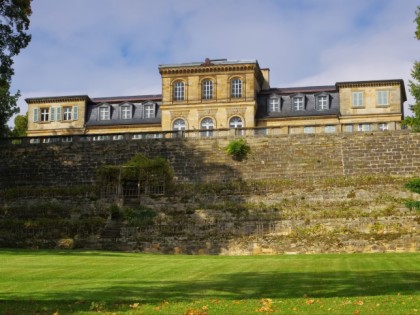
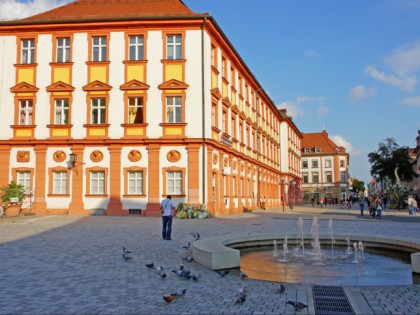
 Castles, Fortresses and Palaces
Castles, Fortresses and Palaces
 Parks and recreation
Parks and recreation

